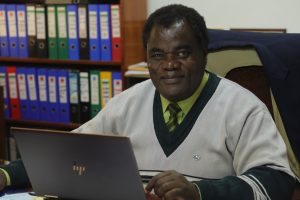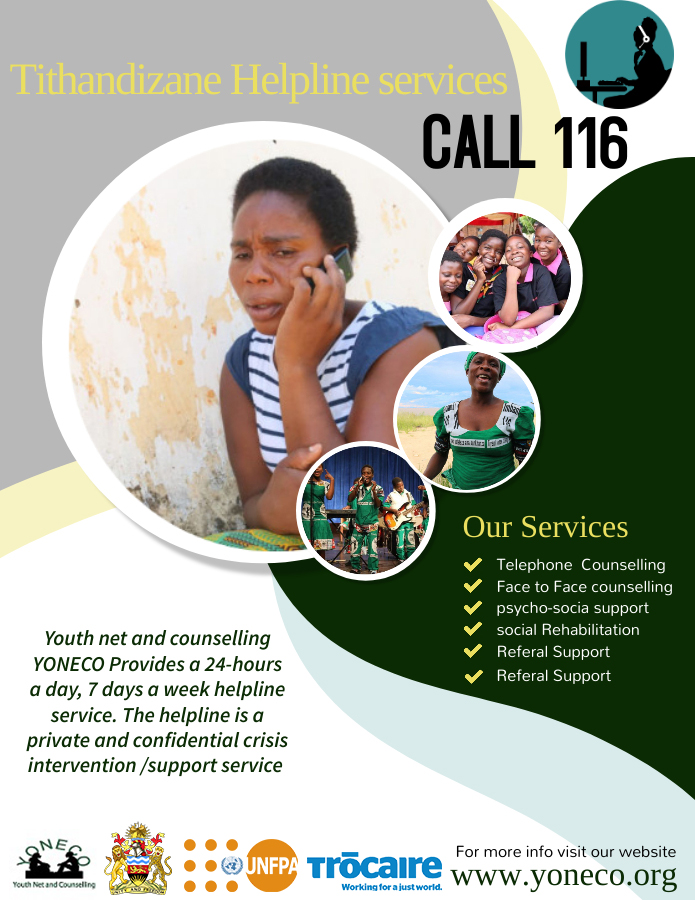Greetings to you all our esteemed readers.
We start the month of March coming from a difficult period in which our spirits were dampened by the unfortunate aftermath of the devastating Cyclone ANA. However, we begin the month of March on a clean slate with more energy while hoping for the best.
We kick start the month by observing 8th March which is the International Women’s Day (IWD). Briefly, this is an annual global commemoration that was adopted by the United Nations (UN) in 1977 to celebrate the achievements of women as well as bringing attention to issues that have a bearing on the rights and welfare of women across the globe. This year, the Day will be commemorated under theme ‘Gender equality today for a sustainable tomorrow.’
We would like us to take a different slant in our train of thought as the Day approaches. To begin with, if we are looking at gender equality in any aspect, we believe we should ask ourselves one critical question; ‘how can we engage men in the promotion of equality?’ This question should address the importance of having men to understand their rightful role in the process of achieving an egalitarian society where both women and men are given what is due to them regardless of their gender. By enlightening more men on the importance of equality positive change can happen.
On the other hand, women should also reflect and identify their part and do the needful to contribute towards the realization of the common goal which is equality? This should be asked at various levels and capacities especially at professional and social spheres and in urban as well rural settings. We also need to take stock of what women do to each other in this continuum. Do women themselves help and support each other or there is too much of what is called PHD (Pull Her Down) Syndrome whereby women go to any level to deal with their fellow who is doing well in life? This can further be delved into by looking at whether women and girls stand up for each other in order to achieve the
equality we need.
In the same vein, some of our prevailing sociocultural practices seem incapable of promoting equality among men and women but very capable of promoting the opposite. For instance, there are certain gender dynamics that come into play when a man goes to stay at his wife’s home village. This practice is called Chikamwini. On the other hand, Chitengwa is the direct opposite whereby a woman goes to stay at her husband’s home village and this arrangement has its own implications on issues of gender as well.
Change is quite desirable but who needs to change? As we promote the mindset change paradigm, are we changing our own mindset?
While we are still on the issue of women empowerment and gender equality, one thing that is heartrending is that the people entrusted to protect our women and girls are, ironically, the ones perpetrating the acts of abuse. Violence against women and girls is a usual feature in our society with the clergy, law enforcement officers, parents and guardians being among the perpetrators.
This year, the 66th session of the Commission on the Status of Women will take place from 14th to 25 March that will be held under the theme ‘Achieving gender equality and the empowerment of all women and girls in the context of climate change, environmental and disaster risk reduction policies and programmes’. In light of this, there is need to develop strategies and policies that put women and girls at the centre of sustainable development as we strive for effective and efficient energy sources that are environmental friendly.
I wish you all the best and a fruitful month of March


